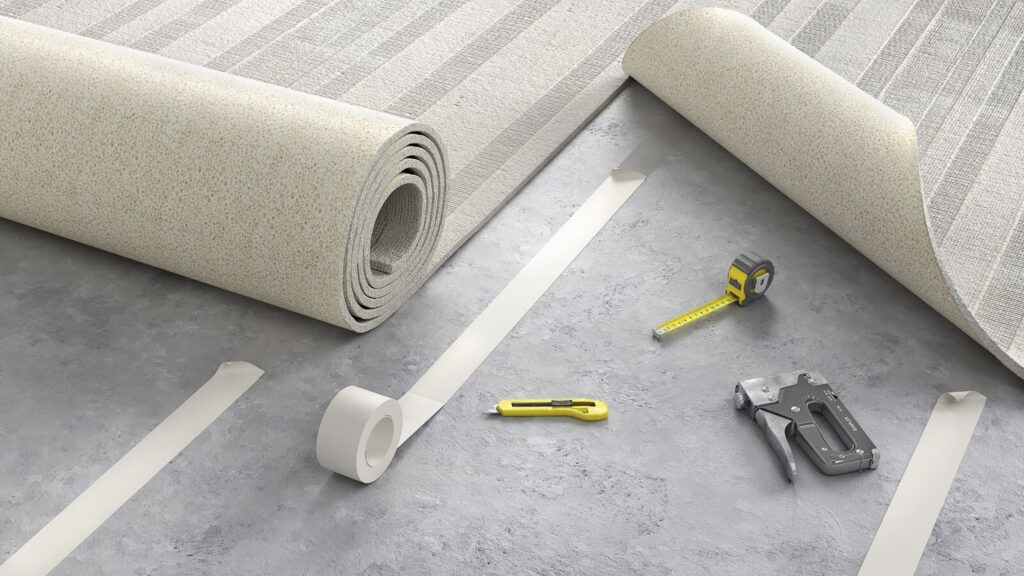Carpeting comes in many forms, and the classification of carpet based on factors like material and durability can be a bit tricky to navigate when you’re in the market for a new carpet. But how are carpets classified? There are a lot of ways that carpet manufacturers classify their products, so let’s review some of them. Here are some tips for making sense of carpet classification so you have a better idea of what you need for your specific situation.
Carpet Ratings
The Carpet and Rug Institute is an independent carpeting reviewer and tester, and it offers perhaps the most universally accepted rating system for soft floor coverings. Based out of Georgia, this textile research and testing company has created the TARR system. TARR stands for texture appearance retention rating, and it tells consumers how durable a carpet is. The higher the number, the better the carpet product will stand up to high foot traffic. The scores range from 2.5 TARR, which is considered moderate, all the way to 3.5 TARR or more, which is classified as severe. Severe-rated flooring is the most durable of all carpeting, meaning it can stand up to the worst you can throw at it. TARR reviews many carpet types, from commercial to residential options.
Common Types of Carpeting
There are many types of carpet based on things like material, weave, or method of installation. The most common forms of carpet are cut pile and loop pile. Cut pile carpet is softer and more plush, which makes it a very good choice for homes. Loop carpet is denser and firmer, which makes it more durable than other types of carpeting. Carpet styles can also vary widely. Patterned carpets are one example and can sometimes be created by blending multiple carpet types. This cut and loop carpeting has complex patterns and is usually more expensive, given its variation.
Carpet can come in a few forms, whether that’s carpeting tiles or traditional carpet. Traditional carpet covers a large area as one whole sheet. This is most often used in residences, and is often more plush than carpet tiles. Carpet tiles can be used in commercial spaces like offices or in finished basements. Both are viable options for many use cases but have their advantages and disadvantages. Carpet tile may be more durable than most other carpeting because of how it’s made, generally with a low cut pile. On the other hand, carpet tiles are often thinner and are applied with adhesive, which can loosen over time. Carpet tiles are easy to replace if they suffer damage or a stain that can’t be removed, however, making them a great option for offices or homes.
Get the Right Carpeting for You
No matter what sort of carpeting you’re looking at for your Nashville business or residence, you need to work with the experts. Ozburn-Hessey has been helping folks in Music City install soft flooring for decades, so call us today to see how we can get you set up with high-quality carpeting.




